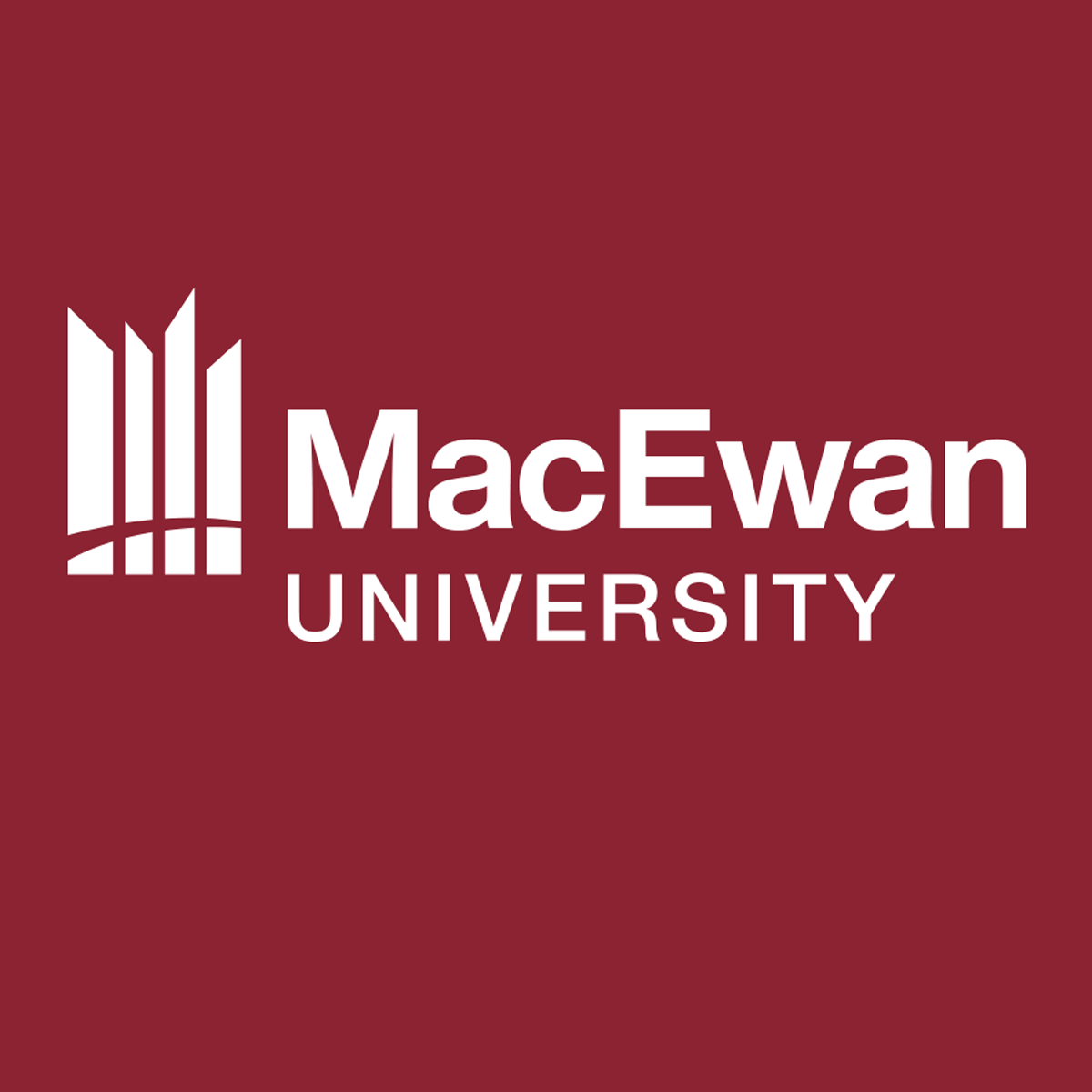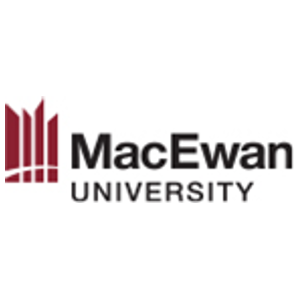- Portals
-
-
 Edmonton, Alberta, Canada
Edmonton, Alberta, Canada -
 Edmonton, Alberta, Canada
Edmonton, Alberta, Canada
-
- Categories
- Accounting Communications Education
Latest feedback
Experience feedback
Experience feedback
Experience feedback
Achievements
Recent experiences
Fall 2025 - NURS 377 Nursing in Communities
NURS 377
Invitation to Partner with MacEwan University 3rd Year Community Nursing Students Invitation: We are seeking community agencies to partner with the MacEwan Bachelor of Science in Nursing Program in the third year community health nursing course. Our course focuses on health promotion and population health. We are looking for community agencies that have education, health promotion/project needs, or perhaps just need a few extra helping hands! While working with you to accomplish some of the goals of your agency, students will gain an understanding of how working with people from other sectors, disciplines, and associations enhance population health. We would love the opportunity to work with you. Student Role: In consultation with faculty and in collaboration with your community agency, students will utilize relevant decision-making tools and may develop and implement a health promotion project dependent on the needs of your agency. Students are required to understand the mandate of your group or agency and the population(s) you serve. The students will conduct a situational assessment to identify or confirm the needs of your population. The results of the situational assessment may be used to implement a health promotion project or serve as the basis for service learning. Your Role: We would like you to designate a lead person(s) to provide an orientation to your agency, the work you do, and the population you serve. Students will then link with the designated staff to communicate and plan throughout the rotation. Our Role Faculty members will meet with the project lead to clarify goals and expectations. To facilitate communication and accessibility, instructors will be available by phone and email throughout the 5 week time period. Students are required to update and consult with their instructors on a regular basis. Commitment: Each clinical course is 5 weeks and is split between agency time and clinical time. The students are allocated half of their time to their work with your agency (approximately 6-9 shifts). This time can be utilized on site, off site, or a combination of both. We have a total of 6 rotations per academic year (September to April). Our goal is to foster sustainable partnerships. We are open to partnering for as many rotations as you need throughout the year Contact: We hope you will be interested and look forward to hearing from you.If you have further questions, please contact Nichole Jubinville@rhuden@macewan.ca or Catherine Shepherd-Finlin@shepherdfinlinc@macewan.ca.
POLS 495 - Political Science Field Placement
10943
Political Science Field Placement Program A political science field placement course offers students the opportunity to apply their academic understanding of political systems, public policy, and governance in real-world professional settings. Political science majors are well-prepared to contribute across a range of sectors, including public administration, non-profit advocacy, policy analysis, and international relations. During the placement, students bring strong research and analytical skills, an understanding of governance structures, and the ability to work both independently and collaboratively. Employers can expect students to provide valuable insights, adapt quickly, and bring fresh perspectives to policy and political challenges. Skills: Technical Skills: Policy analysis and research methodology Data analysis and visualization Understanding of governance, political theory, and legislative processes Soft Skills: Critical thinking and problem-solving for policy issues Effective written and verbal communication, particularly in public and policy contexts Team collaboration and project management skills, including deadline management and organization
ECON 401 - Economics Field Placement
Economics Field Placement Program The Economics Field Placement Program at MacEwan University gives students hands-on experience in applying economic theory and analytical skills within real-world professional environments. Economics majors are prepared to contribute across industries such as finance, public policy, market research, environmental economics, and data analysis. During placements, students bring strong quantitative, analytical, and problem-solving skills, an understanding of economic principles, and the ability to work independently and collaboratively. Employers can expect students to offer valuable insights, conduct data-driven research, and adapt quickly to sector-specific challenges. Skills: Technical Skills: Proficiency in economic modeling and quantitative analysis Data analysis and statistical software skills (e.g., Excel, SPSS, Stata) Ability to conduct market research and financial forecasting Soft Skills: Strong analytical thinking and problem-solving for economic and financial data Effective communication skills for presenting data and reports Team collaboration and project management abilities
BIOL 492 - Biology Field Placements
A biology field placement course offers students the opportunity to apply their academic knowledge and practical skills in a real-world professional setting. Biology majors are well-prepared to work across a wide range of career paths, including environmental conservation, biotechnology, healthcare, research, and education. During the placement, students bring strong analytical and research abilities, a solid foundation in laboratory and field techniques, and the ability to work both independently and as part of a team. Employers can expect students to contribute meaningfully to ongoing projects, adapt quickly to new environments, and bring fresh perspectives to challenges in the biological sciences. Skills: Technical Skills: Proficient in various laboratory techniques depending on their area of focus: PCR, gel electrophoresis, microscopy, DNA sequencing, spectrophotometry. Data analysis skills. Fieldwork experience, including data collection, ecological surveys, and species identification. Soft Skills: Strong critical thinking and problem-solving abilities for analyzing complex biological issues. Effective communication skills for conveying scientific findings in written reports and presentations. Team collaboration experience in labs and group projects. Project management skills, including time management, data organization, and maintaining research documentation.
